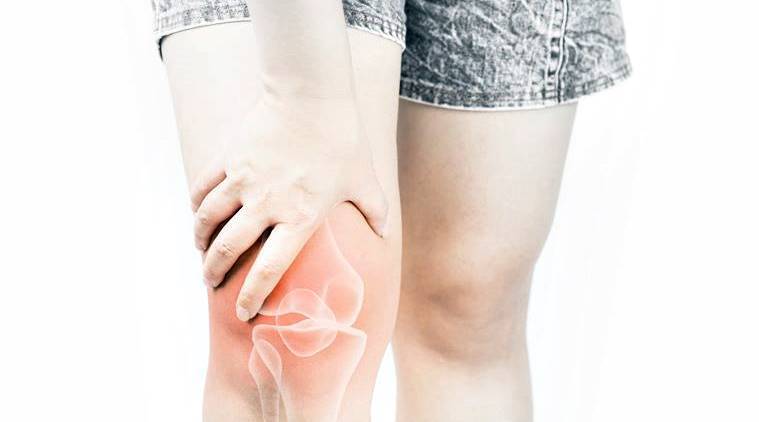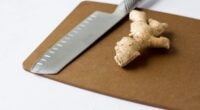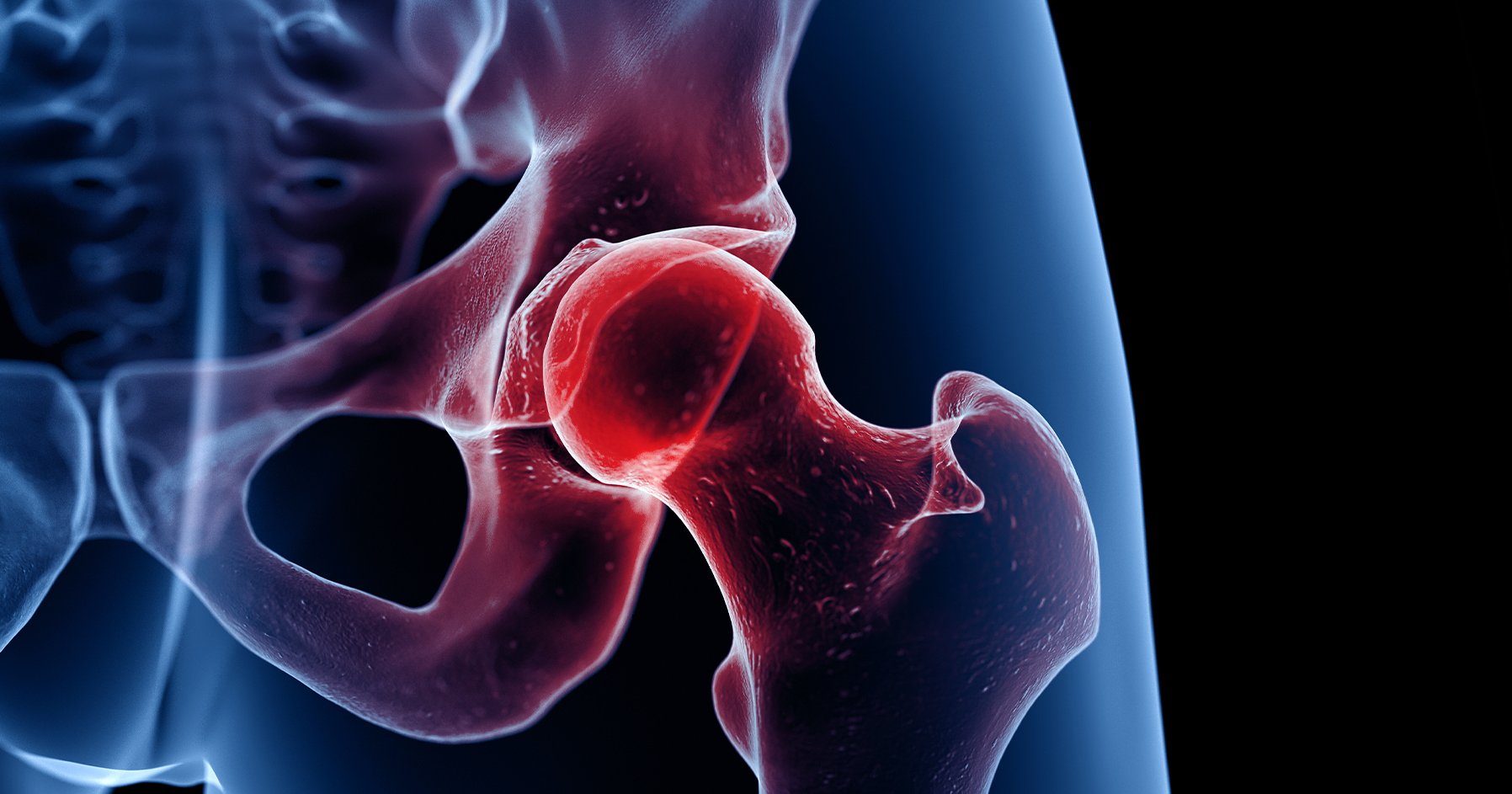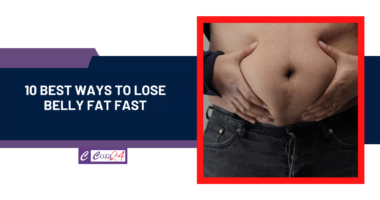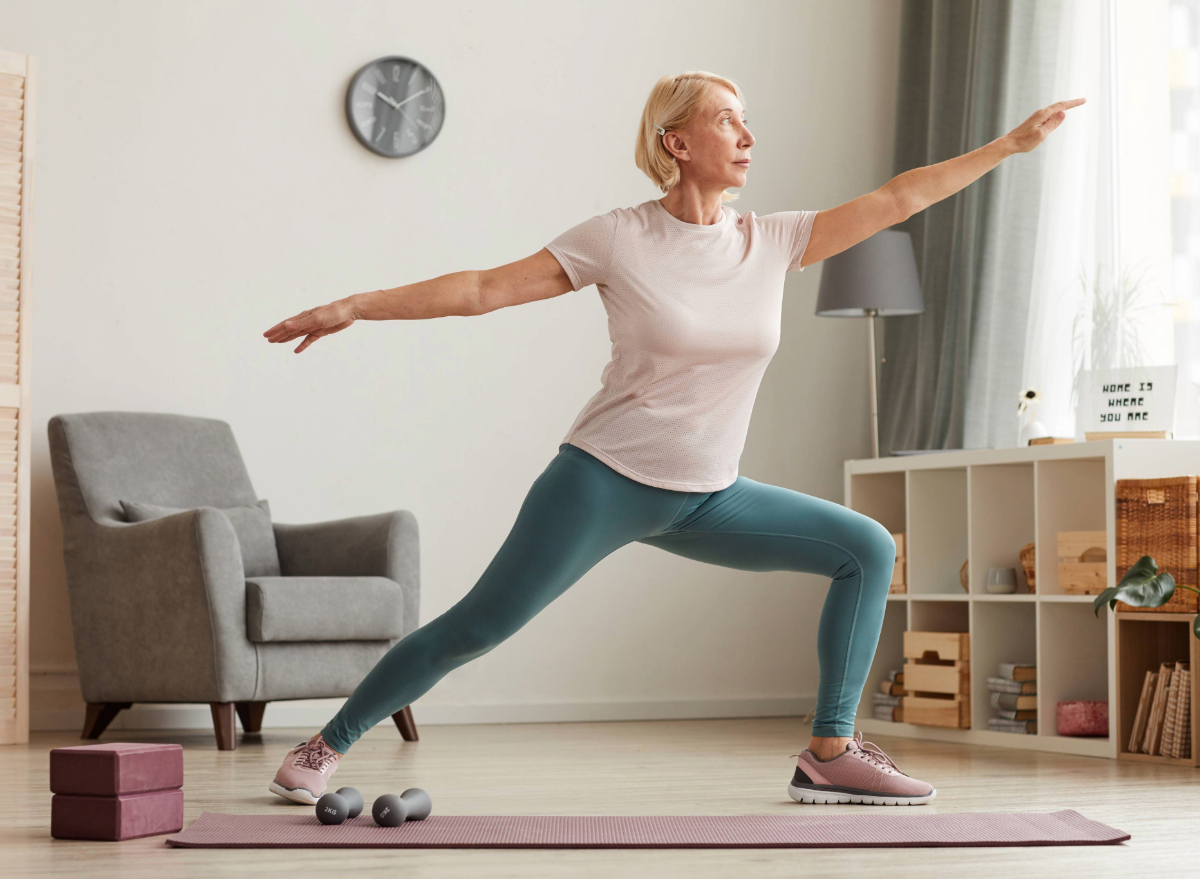Why Does Menopause Increase The Risk of Osteoporosis? Menopause Can Raise Risk Of Osteoporosis: As we reach the later years of our lives, there’s a good chance that we’ll experience menopause.
This natural stage in a woman’s life can lead to an increased risk for osteoporosis, which is a condition in which the bones become brittle and prone to breaking. To help prevent this from happening, post-menopausal women should take note of the tips outlined in this article.
Table of Contents
What is Menopause?
Menopause is the time when a woman’s menstrual cycle stops and she no longer has periods. The average age for menopause is 51 years old. Menopause can occur at any age, but it is more common after 50 years old.
There are many things that can happen during menopause, but one of the most common is bone loss. Bone loss happens when your bones stop growing and become smaller. This can happen because of changes in hormones, lifestyle choices, or a combination of both.
There are ways to prevent bone loss during menopause. Here are some tips for post-menopausal women to avoid bone loss:
1) Eat a balanced diet that includes enough calcium and vitamin D. Calcium and vitamin D help to keep your bones healthy and strong. You can get these nutrients from food or supplements.
2) Exercise regularly. Exercise helps to improve your overall health and can also help to prevent bone loss. But make sure you exercise properly – too much exercise can actually increase your risk of bone fractures.
3) Take hormone therapy if you need it. Hormone therapy can help to restore your hormone balance and help to prevent bone loss. But hormone therapy is not available to everyone and there are risks associated with it. Talk to your doctor about whether hormone therapy is right for you.
4) Use a crutch. If you have osteoporosis, using a crutch can help to improve your mobility and allow you to avoid injuring your bones.
Causes of Osteoporosis in Menopausal Women

The post-menopausal years are a time of great change for women. This is the time when hormones begin to decline, which can lead to bone loss. In fact, osteoporosis is the most common bone disorder in women after menopause. Here are some tips for post-menopausal women to avoid bone loss:
1. Get enough calcium and vitamin D. A good way to ensure your body gets enough calcium is by eating dairy products and supplements. Some good sources of calcium include fortified foods, such as cereal and milk, tofu, legumes, and green leafy vegetables. Make sure to take a vitamin D supplement since few people get enough sun exposure during the winter. Vitamin D is also found in fatty fish, such as salmon, tuna, and mackerel.
2. Exercise regularly. Even moderate exercise has been shown to increase bone density in older women. Strength training and aerobic activity are both good options. Aim for at least 30 minutes of exercise per day. If you have trouble getting exercise due to a disability or other reasons, consider joining a fitness class or using an indoor exercise machine at home.
3. avoid smoking. Smoking can decrease bone density and lead to osteoporosis.
4. maintain a healthy weight. Being overweight or obese can increase your risk of developing osteoporosis.
5. get help from a healthcare professional. If you have concerns about your bone health, see your doctor for a check-up.
Symptoms of Osteoporosis in Menopausal Women
The symptoms of osteoporosis in menopausal women can include: a weakened bone density, an increased risk for falls, and an increased risk for fractures. To help prevent osteoporosis in menopausal women, here are some tips:
1. Keep your bones strong by eating a balanced diet and getting enough exercise.
2. Avoid taking corticosteroids, which can thin your bones.
3. Talk to your doctor about screening for osteoporosis and other bone health issues.
4. Consider medications to improve your bone density, if necessary.
5. Talk to your doctor about the best way to treat any fractures you may experience.
Diagnosing Osteoporosis in Menopausal Women
If you’re post-menopausal and concerned about your risk for osteoporosis, here are a few tips to help keep your bones strong:
1. Get your calcium and vitamin D levels checked regularly. If you have low levels of these minerals, your body won’t be able to produce the right amount of bone tissue. Ask your doctor for a blood test to measure both minerals.
2. Avoid overexertion. Doing too much physical activity can actually cause bone loss. Try to limit your activity to moderate levels instead.
3. Keep your weight stable. Being overweight or obese increases your risk for osteoporosis, as does being underweight. Try to maintain a healthy weight by eating a balanced diet and exercising regularly.
4. Quit smoking if you’re pregnant or plan to become pregnant in the near future. Smoking cigarettes can increase the risk of osteoporosis in women later in life.
5. Don’t abuse alcohol or take illegal drugs. Both habits can damage the bones and increase your risk for fractures later on in life.”
Treatment of Osteoporosis in Menopausal Women
Osteoporosis is a problem with bones that can happen as women reach their 40s and 50s. As women age, their estrogen levels decrease, which can lead to bone loss. Other risk factors for osteoporosis include having a family history of the condition, being obese, and having low bone mass.
There are many ways to prevent or treat osteoporosis. Here are some tips for post-menopausal women to avoid bone loss:
– Exercise regularly: A good way to maintain your bone density is to exercise regularly. Exercise helps build and maintain muscle mass, which can help you stay strong and reduce your risk of falls. Aim to get at least 30 minutes of moderate activity every day.
– Eat a balanced diet: When you eat foods high in calcium, such as milk, yogurt, cheese, and fortified cereals, it helps your body absorb these minerals and keep your bones healthy. Include plenty of vitamin D in your diet too; most people don’t get enough from sunlight alone. Some good sources of vitamin D include fatty fish, fortified milk products, eggs, and mushrooms.
Post-Menopausal Bone Health Tips for Women
If you are post-menopausal, there is a good chance that you are feeling the effects of menopause. In fact, many women experience bone loss as they transition into menopause. Fortunately, there are a few things that you can do to help protect your bones as you go through this challenging time.
One of the best ways to keep your bones healthy during menopause is to make sure that you get enough calcium and vitamin D. This can be difficult if you are not eating regular dairy products or eggs, but there are other ways to get these important nutrients. You may also want to consider taking supplements. Talk to your doctor about what is best for you.
Another thing that you can do to help protect your bones during menopause is to exercise regularly. Even simple activities like walking can help keep your bones strong and healthy. Make sure that you do not overdo it though; too much exercise can actually lead to bone loss. Just moderate activity is usually fine.
Overall, it is important for post-menopausal women to take care of their bones because they may be more prone to bone loss at this stage of their lives. By following these tips, you can help keep your bones strong and healthy during this difficult time.
Final Note
Menopause can be a time of great change for women, as it marks the end of menstruation and the beginning of many physical changes. One of those changes is an increased risk of osteoporosis, which is when bones become weak and fractures occur. To help prevent bone loss, post-menopausal women should pay attention to these tips:
- Make sure you are getting enough calcium and vitamin D. These minerals help to keep your bones strong by helping to create new bone cells and by promoting the absorption of calcium from food.
- Eat plenty of low-fat foods and protein sources. These nutrients promote healthy skeletal growth and protect against fractures from occurring in the first place.
- Exercise regularly – even if you’re not losing weight or trying to achieve any specific fitness goals, exercise helps increase lean muscle mass which can support bone density throughout your lifetime.
